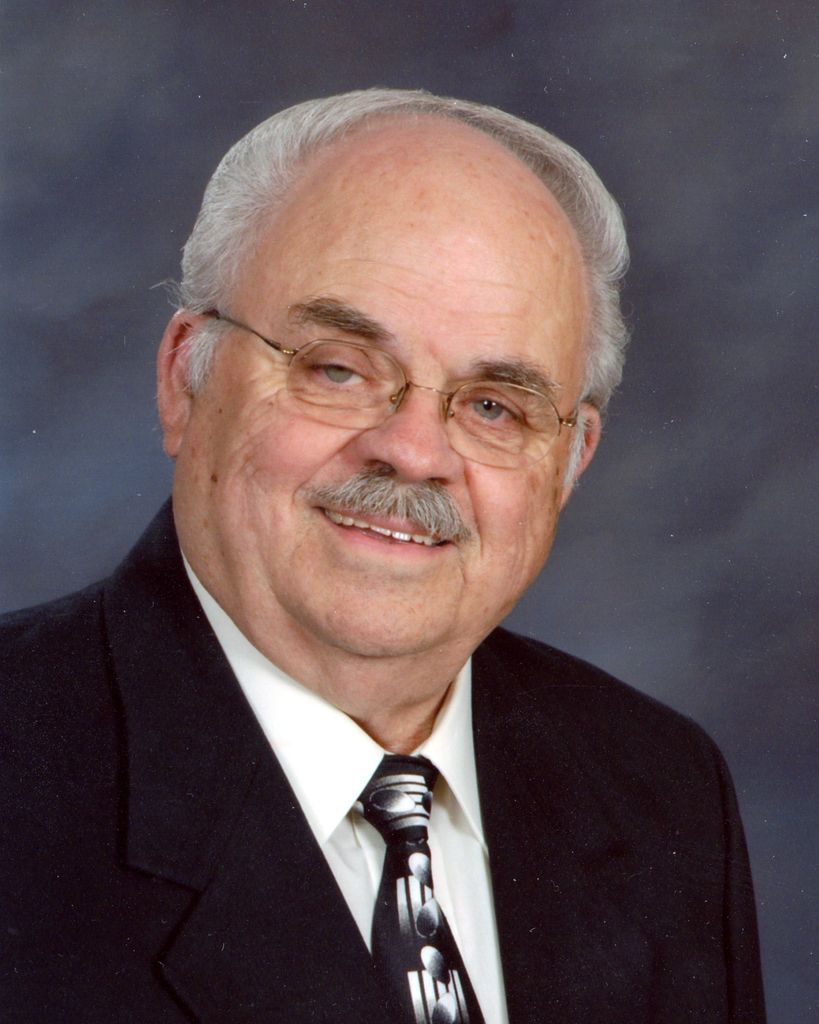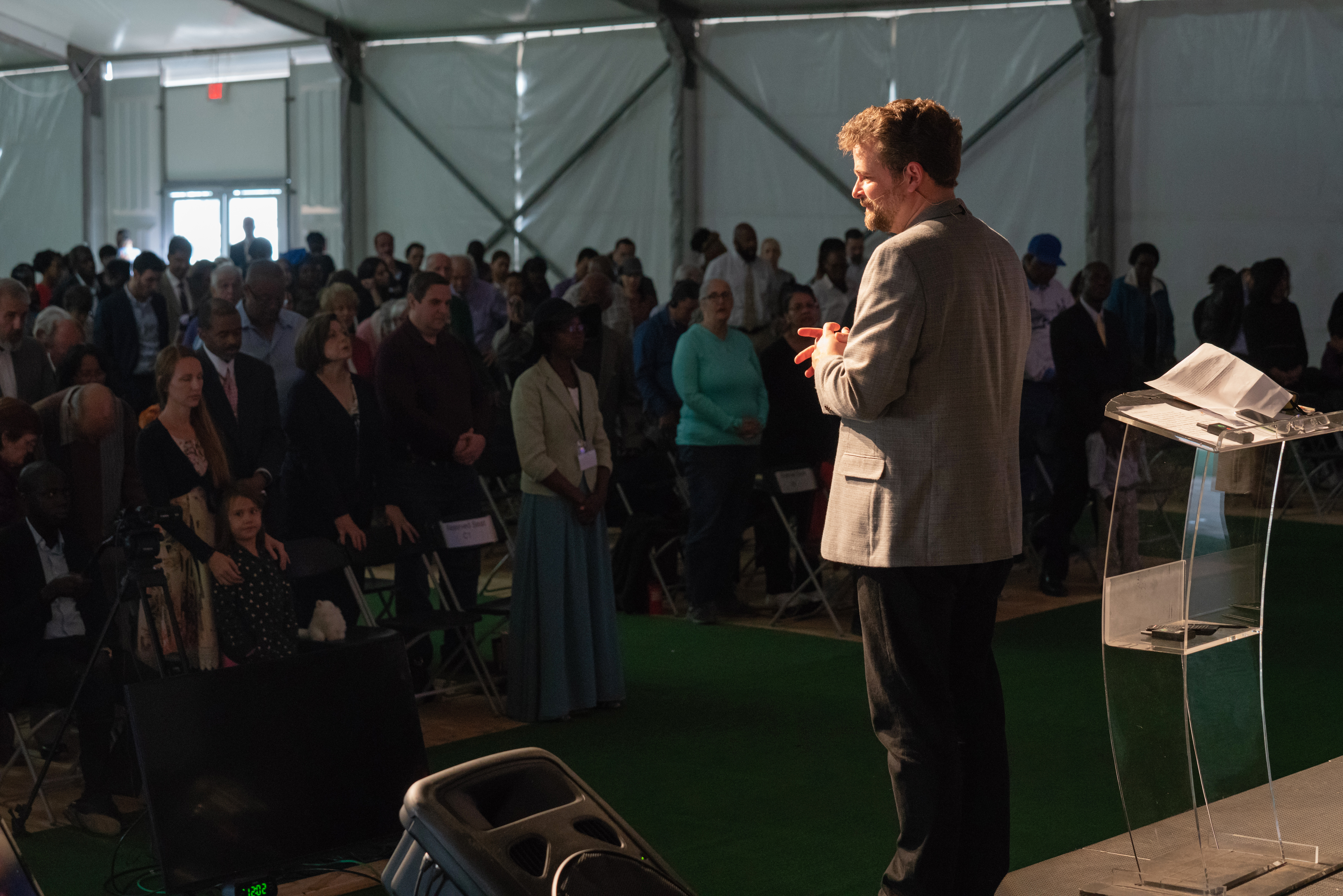
The Flying Scotsman
Some readers will most likely remember the 1981 movie, Chariots of Fire. The story highlights the life of a man known as the “Flying Scotsman,” Eric Liddell. Eric won fame and glory at the 1924 Olympics, taking a gold medal in the 400-meter race. He was set to compete in the 100-meter sprint but switched to the 400-meter event for his personal religious reasons, as heats for the 100-meter were set to take place on his day of worship.
He stormed to an unexpected 400-meter gold medal win and took bronze in the 200-meter final. The stage was set for him to become a sporting celebrity, but instead, he chose to become a missionary to China. In 1943, Japanese occupation forces ordered hundreds of American and European “enemy nationals,” including Eric Liddell, to an internment camp in China’s Shantung Province. They had to endure months of boredom, frustration, overcrowding and fear.
Personalities clashed, tempers flared. The two groups thrown into sharpest relief were the businessmen and the missionaries—they held each other in strictest contempt. Petty squabbles multiplied.
But one man seemed able to span the gap between these two groups, a man described by an internee as “without a doubt the person most in demand and most respected and loved in camp”—Eric Liddell, the missionary from Scotland.
A Russian prostitute in camp would later recall that Liddell was the only man who’d ever done anything for her without wanting to be repaid. When she first came into camp, alone and snubbed, he put up some shelves for her.
Another internee recalled, “He had a gentle, humorous way of soothing ruffled tempers.”
At one angry meeting of the internees, everybody was demanding that someone else do something about the restless teenagers who were getting into trouble. Liddell came up with a solution. He organized sports, crafts, and classes for the kids, and began spending his evenings with them.
Liddell had won fame and glory at the 1924 Olympics, but in that cramped, wearying compound, he showed himself a winner in the Christian race as well, earning the admiration of the most worldly internees.
What made him so special? You could have discovered his secret at 6 a.m. each morning. That’s when he tiptoed quietly past sleeping companions, settled down at a table, and lit a small lamp to illuminate his notebook and Bible. Eric Liddell sought grace and strength each day in the riches of God’s Word.
The Bible was written as a guidebook for the Christian. It is full of stories of real people like us who have experienced the same challenges we face every day. Getting to know these Bible characters—their joys and sorrows, their problems and opportunities, their search for fulfillment—helps us mature as Christians.
The psalmist David pictures our daily dependence on the Word of God by comparing it to what we would call a flashlight or headlights on your car:
“Your Word is a lamp to my feet and a light for my path.”—Psalm 119:105
The illumination we get each day from the Bible enables us to take the next step forward; it’s how we make progress. It makes clear the qualities we need most in our lives and the principles of spiritual growth. Above all, the Bible presents us with Jesus, the Light of the World. Life only makes sense when Jesus is shining on it.
If you have inadvertently let a little dust settle on the cover of your Bible, why not wipe it off and open its pages? You will discover life is much better with God guiding your footsteps. (Story source: Discover Guide #15)



